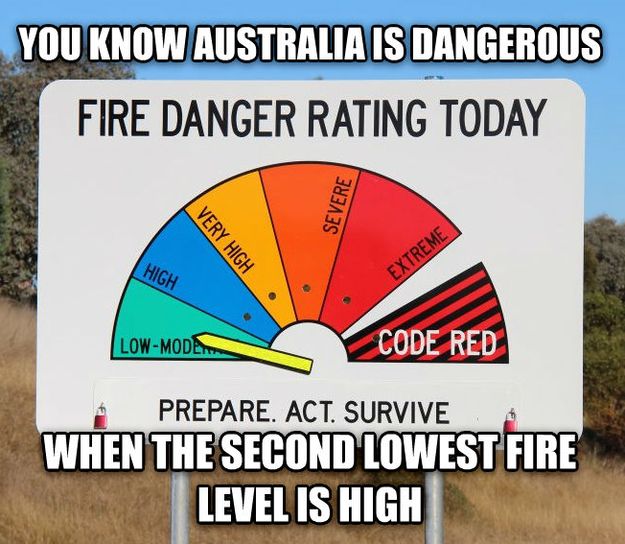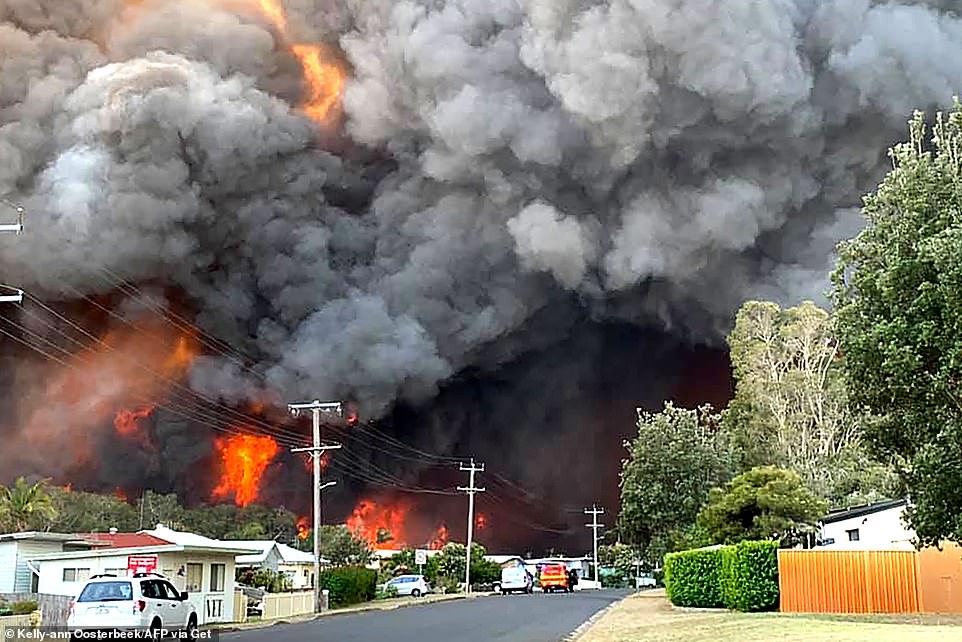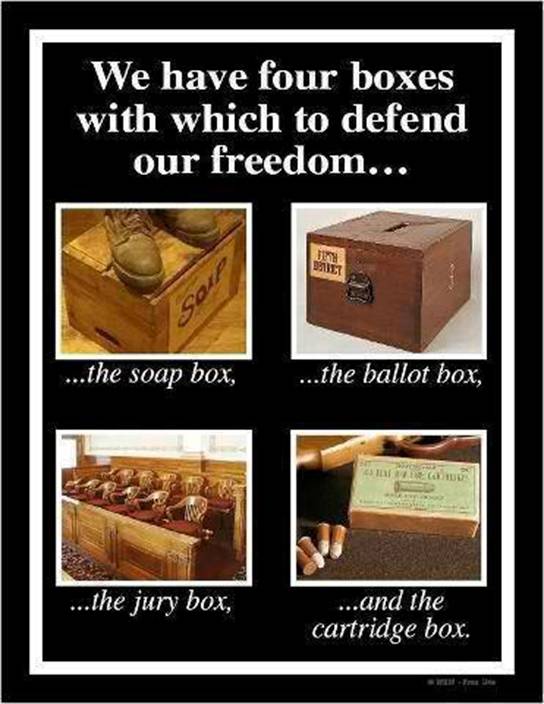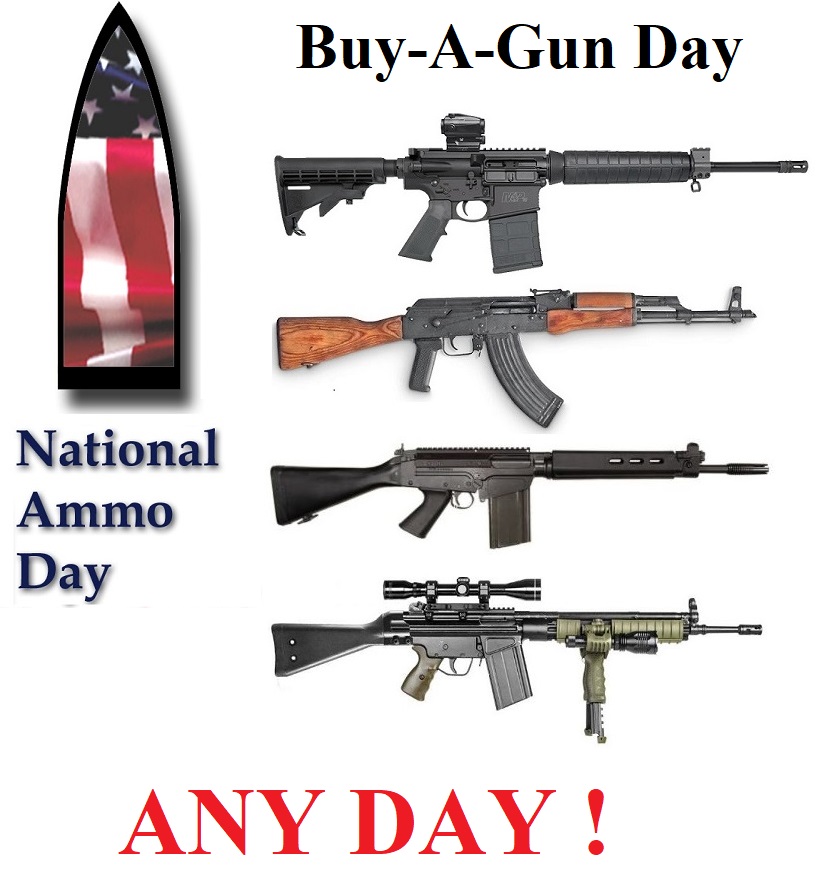Found here:
A new national poll has found that upwards of 70 percent of Americans, if you can believe it, are now fully convinced that the formerly United States of America is on the brink of a second civil war.
While I probably agree with the conclusion, I have to ask the following questions of it, because the conditions under which revolution may occur in this country are quite different, depending on the political philosophy of the would-be revolutionaries.
1) Which proportion of that 70% are conservatives, which are Marxists, and which are sorta-undecided?
2) What are the different scenarios, for each respondent group, for a revolution to take place?
Taking the second question first, there are a couple of situations in which a group would say “Fuck that shit” and go for the guns.
a) Trump is reelected as POTUS in 2020. The Left, having failed to remove him through bullshit Russian-collusion and even-more bullshit impeachment processes, goes to volume 11 on the hair-on-fire lunacy scale, and takes to the streets in the cities (mostly Marxist enclaves like Portland), rioting, looting and causing general mayhem as seen in Ferguson MO a few years back. Call this the “Antifa” scenario. While these anarcho-Marxists scream loudly, I don’t see that this would be a credible threat, at least not for long because there aren’t that many of them — maybe a few thousand — and frankly, if martial law were declared (National Guard response), these fools would be squashed like bugs. Now, even if (say) 50% of that 70% would react badly to Orange Man Reelected OMG!!!, while there would be massive outcries by the mainstream media, academia and other assorted Commies, only a tiny percentage of those would actually start a revolution. And forget Blacks and Hispanics taking to the streets en masse ; the Trump economy has given them jobs and income, and the loony-Leftist policies (like rampant abortion, wokeness and high taxes) put forward by the passengers in the Clown Car have disenchanted those two groups, or at least the more-conservative members thereof. Don’t expect some Black or Hispanic guy who’s been working at a series of new construction sites for a couple years (thanks to Trumponomics) to down tools and join the Pantifa Parade, either in person or in sympathy — and especially not if he actually voted for Trump in 2020.
b) Trump is defeated in 2020 by one of the assorted Commies in the clown car. And let’s just say for the sake of argument that there is credible evidence of massive voter fraud by the Commies in places like Texas, California, Illinois, Florida and so on — I can’t see there being a conservative revolution even if we think that voting skullduggery is deserving of it. (History is on my side here; the typical conservative response to an unfavorable electoral outcome is to vote in greater numbers the next time.)
Where I think there would be a conservative revolution is if the new Comrade President immediately embarks on the usual tired Marxist agenda of raising taxes, installing Medicare For All, oppressive ecological policies like bans on fracking, defunding the military — you know, all those stupid initiatives that would kill the U.S. economy (pace Venezuela). That would not necessarily ignite a conservative revolution by itself, but it would certainly make a foundation for one.
So what could trigger a conservative revolution?
Property confiscation — say, when Comrade President and his/her Politburo lackeys appropriate savings accounts, IRAs, “excessive” wealth and so on — would cause a firestorm of not only anger, but resistance. If you look at all instances in our history where people started shooting government agents, it was in response to property infringement.
And then we come to the Big One, the one that would guarantee a conservative populace to start shooting from the rooftops…
Gun confiscation. I am pretty sure that the Beto Plan would not only fail, but fail spectacularly, and with massive bloodshed. Even an incrementalist move towards confiscation of, say “assault weapons” (through “buybacks”) as the thin end of the confiscation wedge would be met with massive non-compliance. And if the Commies then were to move to coerce compliance, that would be when the SHTF, in no uncertain terms.
I also think that if the Marxists do take over, and their little Youth Brigades continue to riot — no bets, of course they will — such riots would increasingly be met by armed conservative resistance. And attempts by law enforcement to stop the conservatives shooting would end in more bloodshed than I think the authorities could handle — always assuming that the police would obey their orders, that is. (And that is a HUGE, and so far unknown “if” — ditto for door-to-door confiscation, a.k.a. the Feinstein/O’Rourke wet dream.)
My guess, in the end, is that the “70% of the population” number is correct. The composition of that 70%, however, is going to depend on the circumstances.
And now, if you’ll excuse me, I’m off to the range.





